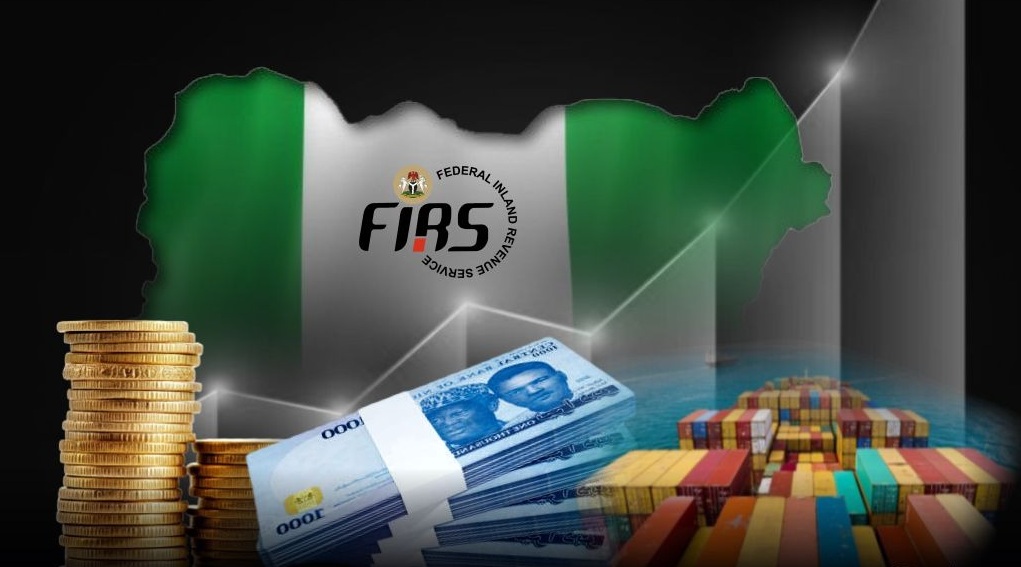Business
BREAKING: Nigeria’s Revenue Soars to N3.65 Trillion as Reforms Drive 411% Growth
Nigeria’s federal revenue hit N3.65 trillion in September 2025, a 411% jump from May 2023.

- Nigeria’s federal revenue hit N3.65 trillion in September 2025, a 411% jump from May 2023.
- FIRS Chairman, Dr. Zacch Adedeji, credited the surge to fiscal reforms, stronger compliance, and rising non-oil income.
Nigeria’s federal revenue surged to N3.65 trillion in September 2025, marking a staggering 411% increase from the N711 billion recorded in May 2023 when the current administration assumed office.
The announcement was made by Dr. Zacch Adedeji, Executive Chairman of the Federal Inland Revenue Service (FIRS), during a briefing with State House correspondents in Abuja.

Adedeji attributed the revenue growth to sweeping fiscal reforms and enhanced compliance mechanisms, noting that the transformation reflects “a strategic shift in Nigeria’s revenue architecture,” particularly the rise of non-oil income streams.
Non-oil revenue climbed from N151 billion in May 2023 to N1.06 trillion in September 2025, a 599% increase that underscored progress toward economic diversification. Oil revenue also rose sharply, moving from N96 billion to N644 billion, while Value Added Tax (VAT) collections tripled to N723 billion from N218 billion, which Adedeji said was driven by stronger compliance and improved efficiency across key sectors.
The Nigerian Upstream Petroleum Regulatory Commission (NUPRC) recorded N745 billion, up from N125 billion, while the Nigeria Customs Service (NCS) generated N322 billion, compared to N106 billion in 2023.
DON’T MISS: Air Peace Announces 50,000 Job Spaces as It Begins MRO Facility in Lagos
Between January and August 2025, FIRS collected a total of N20.62 trillion in tax revenue, a 40.8% increase compared to the same period in 2024. This exceeded the agency’s baseline growth target of 16.4% and set the stage for achieving the federal revenue target of N25.2 trillion by year-end.

Adedeji credited the surge to targeted reforms that streamlined tax processes, reduced burdens on SMEs, and introduced digital compliance tools such as e-invoicing and updated excise regulations. He revealed that a presumptive tax regime is being developed to capture hard-to-tax sectors and that efforts are underway to harmonize state-level levies.
“Our goal is to build a fair, efficient, and sustainable tax system that supports growth and boosts investor confidence,” Adedeji stated. He confirmed that unbacked Ways and Means advances from the Central Bank have been discontinued, reclassified as federal debt with both principal and interest being repaid — a step aimed at stabilising exchange rates and reinforcing fiscal discipline.

On government borrowing, he maintained that debt, when properly legislated and channeled into infrastructure, remains vital for economic sustainability. “Borrowing funds for infrastructure that generates future tax revenues from beneficiaries. This is a sustainable approach for long-term development,” he explained.
Looking ahead, comprehensive reforms to Personal and Company Income Tax are scheduled to begin in January 2026, with the aim of further expanding Nigeria’s revenue base and strengthening fiscal resilience.























You must be logged in to post a comment Login